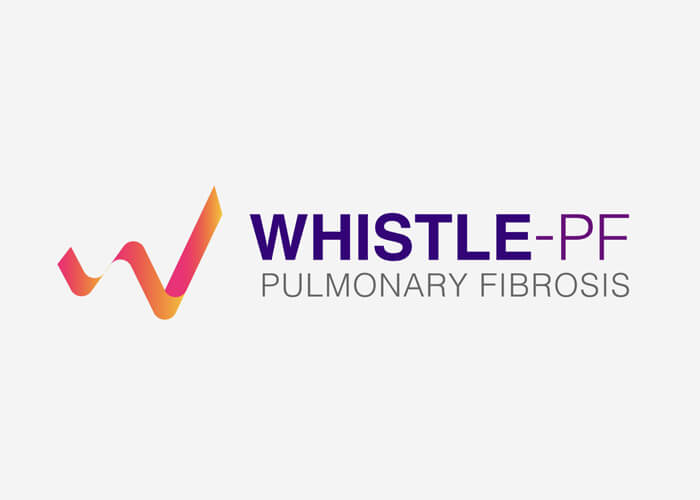Taladegib: Changing the Trajectory of Fibrotic Lung Diseases
Data from a Phase 2a, randomized, double-blind, placebo-controlled 12-week clinical trial suggest Endeavor’s investigational candidate taladegib is the first to show improvement from baseline in lung function combined with evidence it may reverse the course of disease in IPF patients.
Idiopathic Pulmonary Fibrosis: Wound Healing Gone Wrong
In healthy lungs, any damage to alveoli, the tiny, critical air sacs that provide exchange of oxygen with the blood, triggers a normal and temporary wound-healing response in the body.
A cellular signaling pathway known as Hedgehog (Hh) plays a crucial role in this wound-healing process by driving the transition of fibroblasts to myofibroblasts that repair cellular damage. In patients with IPF, repeated environmental injury to cells in the lungs leads to abnormal activation of the Hh pathway and excessive buildup of fibrotic scarring in the lungs.
What is a Hedgehog gene?
In 1980, Christine Nusslein-Volhard and Eric Wiechaus identified a gene that plays a critical role in embryonic developments in fruit flies. Flies with a non-functioning version of this gene had several significant abnormalities, including external bristles that clump together rather than being evenly spaced, making them look something like a hedgehog. Thirteen years later, researchers in the Tabin Lab identified the mammalian version of hedgehog. A postdoctoral fellow in the lab, Robert Riddle, named this gene Sonic Hedgehog after the character in a comic book that his daughter brought home.
Endeavor BioMedicines’ investigational medicine taladegib is an Hh signaling pathway inhibitor. By binding to and inhibiting a key receptor in the Hh pathway, taladegib eliminates the myofibroblasts that cause fibrosis. This may resolve the excessive wound-healing process seen in pulmonary fibrosis, improving lung volume and function.
Data from a Phase 2a, randomized, double-blind, placebo-controlled clinical trial that evaluated safety and efficacy of taladegib vs. placebo in 41 patients with confirmed IPF who were treated for 12 weeks demonstrate the investigational treatment improved lung function from baseline and reversed key measures of lung fibrosis in patients with idiopathic pulmonary fibrosis. Further clinical investigation is forthcoming in a Phase 2 study in patients with IPF.
“By focusing on the Hedgehog pathway, we seek to disrupt a primary disease mechanism and create the potential to reverse lung fibrosis in patients.”
Miguel de los Rios, PhD
Co-Founder and Chief Scientific Officer
WHISTLE-PF Study
Based on the promising clinical results to date, Endeavor is currently enrolling patients in the Phase 2b WHISTLE-PF trial to further evaluate the safety and efficacy of taladegib in patients with IPF.
